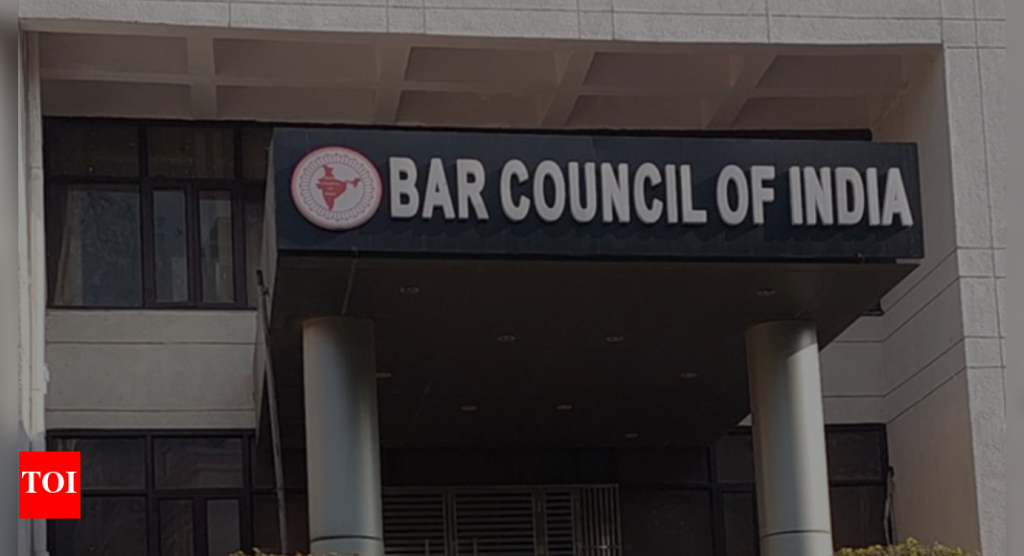Now Reading: Uganda Identifies Over 9,000 Previously Unreported Pest Species
-
01
Uganda Identifies Over 9,000 Previously Unreported Pest Species
Uganda Identifies Over 9,000 Previously Unreported Pest Species

Quick Summary
- Research Findings: A CABI-led study identified 9,071 pest species previously unreported in Uganda, posing risks to agriculture and food security.
- Rapid Risk Assessment: Subset of 1,517 pests assessed including Fusarium Tropical Race 4 (FoC TR4), tomato leafminer, papaya mealybug, and fall armyworm.Among these pests were arthropods (357), fungi (417), viruses/viroids (387), bacteria (130), nematodes (124), and others.
- Invasiveness: Of the assessed species,360 were classified as invasive.
- Sector Impact: Agriculture contributes significantly to Uganda’s GDP (~24%), export earnings (~35%), and labor force employment (~68%). Pests threaten staple crops amidst other challenges like climate change impacts and declining soil fertility.
- Potential Pathways: Three introduction pathways-containment via seed-borne pests; stowaway via vector or soil-borne pests; unaided dispersal-were analyzed.
- Recommendations: The study proposes actions like targeted surveillance, regulation thru pest risk analysis, contingency plans, stakeholder engagement strategies for early detection systems.
Indian opinion Analysis
The sprawling identification of over 9,000 pest species highlights global agricultural vulnerabilities. For India-a neighboring country with substantial reliance on agriculture-it signifies the broader threat posed by invasive species due to interconnected ecosystems within regions like East Africa. Cross-border collaborations for robust biosecurity measures are logical next steps for nations sharing trade routes or climatic similarities with Uganda.
India’s large rural population mirrors Uganda’s dependency on agriculture; this underscores strategic attention needed toward such global studies that provide actionable insights.As an example: India could integrate findings into enhancing its own pest surveillance strategies while learning from suggested containment frameworks applicable in biodiversity hotspots.
Uganda’s approach notably advocates international cooperation and stakeholder communication-practices that resonate well with India’s efforts for minimizing crop losses amid climate-induced stresses. With evidence-based planning emerging as a priority globally post such high-impact research studies-the emphasis remains on proactive management safeguarding livelihoods globally intertwined through trade reliance.!Fusarium f.sp. cubence Tropical race 4























